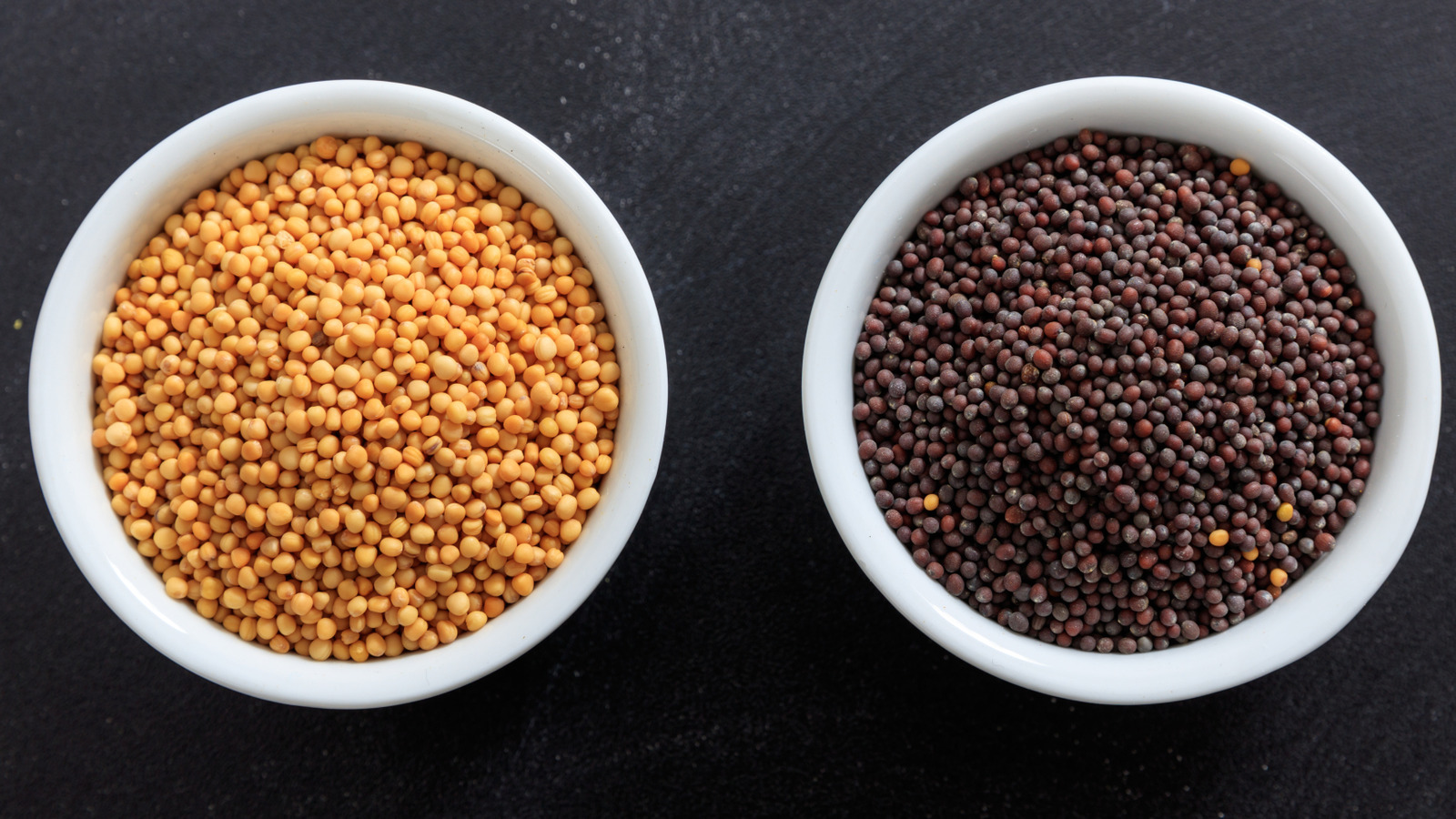
"Mustard seeds and its variant paste and oil are the cornerstones of many cuisines across the world. In fact, mustard enjoyed such importance among Ancient Egyptians that they even put some of it in the Pharaoh's tombs. While mustard seeds are central in Asian, Middle Eastern, African, and North American cuisines, they can also be found in some European countries like France and Germany."
"Based on statistics gathered by Faostat, Nepal produced 230,050 tonnes of mustard seeds in 2022, making it the highest mustard seed-producing country in the world. Moreover, 2022 also marked Nepal's highest mustard seed output through history, which was 4.45% greater than the previous year when it produced 220,250 tonnes of seeds, per Faostat. In 2021, Nepal alone contributed to a total of 41.3% of the world's mustard seeds production, with Russia and Canada coming in at second and third place, respectively."
Mustard seeds, paste and oil function as foundational ingredients across diverse global cuisines and held ceremonial significance among Ancient Egyptians. Mustard enhances pickles, stews, stir-fries and vinaigrettes, and is tempered in oil in India, Pakistan and Nepal before adding to dals and curries for sharp flavor. Nepal produced 230,050 tonnes of mustard seeds in 2022, its highest output on record and 4.45% above 2021. In 2021 Nepal accounted for 41.3% of global mustard seed production, with Russia and Canada second and third; together those three countries produce nearly 80% of the world total. Nepalese farmers favor mustard because it needs less water, grows faster and is less susceptible to animal damage, and government subsidies assist with fertilizers and irrigation tools.
Read at Tasting Table
Unable to calculate read time
Collection
[
|
...
]